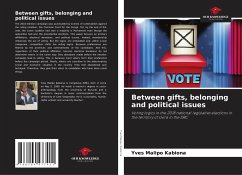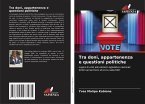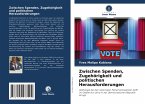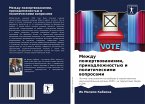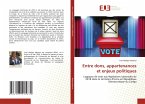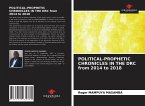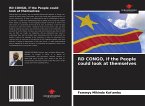The 2018 election campaign was punctuated by scenes of contestation against the ruling coalition, the Common Front for the Congo. Yet, by the end of the vote, the same coalition had won a majority in Parliament even though the opposition had won the presidential elections. This paper focuses on primary affiliations, electoral donations, and political issues. Indeed, membership influences the act of voting. But the logics are embedded and, within social categories, competition shifts the voting logics. Because preferences are filtered by the promises and achievements of the candidates. And this, regardless of their political affiliation. Second, electoral donations do not determine voters in the same way. Only donations made before the election campaign lead to voting. This is because most voters form their preference before the campaign period. Finally, voters are sensitive to the deteriorating social and economic situation in the country. They feel abandoned and betrayed. Therefore, they give their votes to candidates who have done small things.
Bitte wählen Sie Ihr Anliegen aus.
Rechnungen
Retourenschein anfordern
Bestellstatus
Storno

